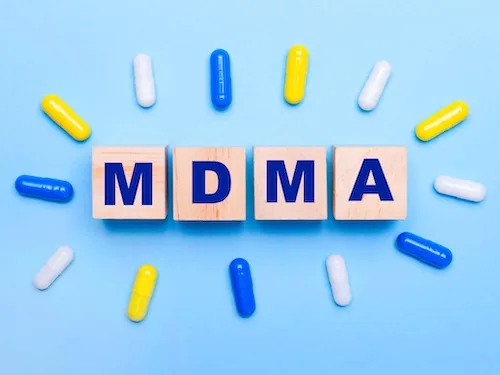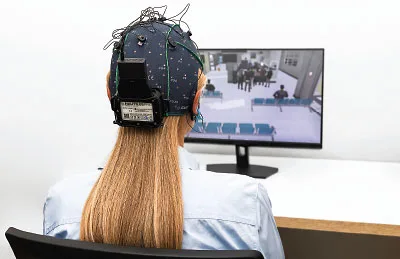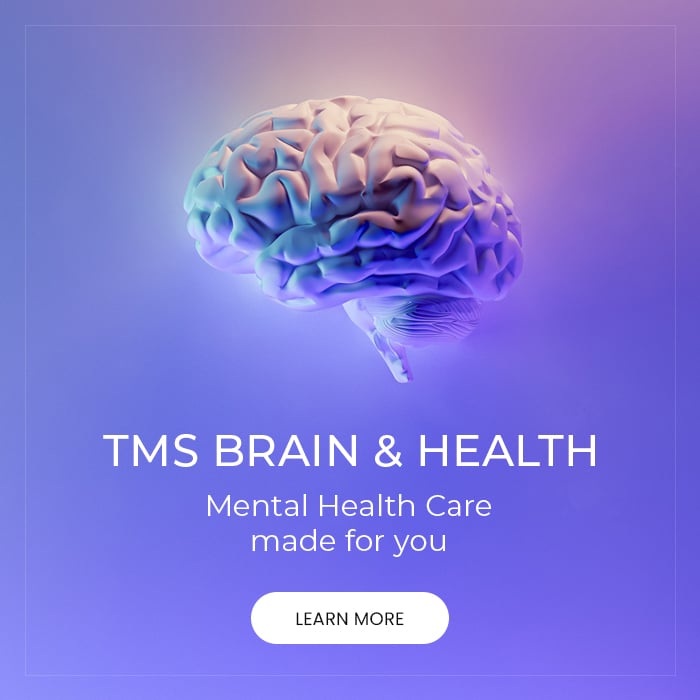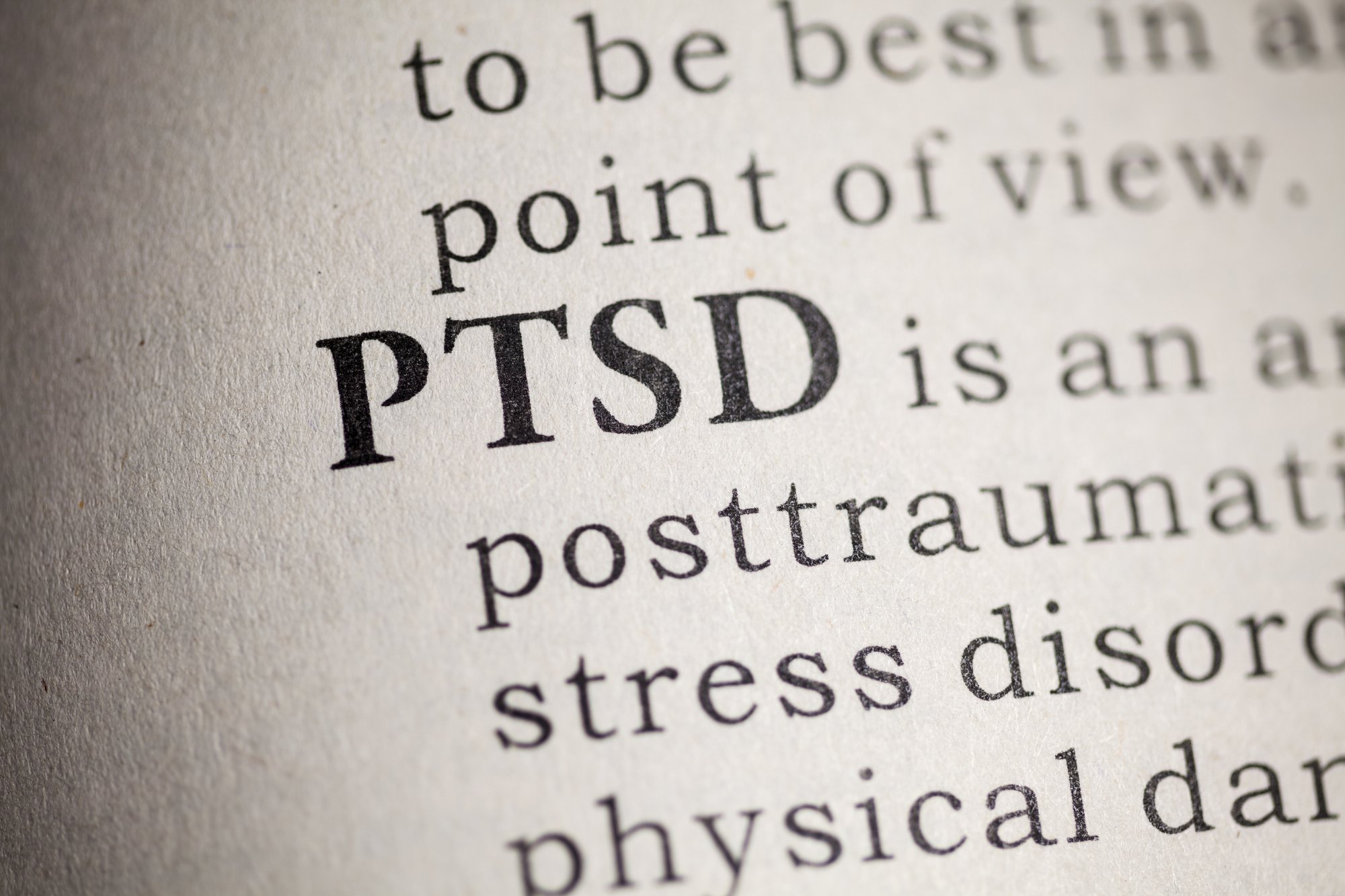Fibromyalgia is a neurological disorder that causes chronic pain. The disorder affects as many as 12 million people in the U.S. alone, and is the most prevalent cause of widespread pain. In addition to chronic pain, fibromyalgia often has a host of other symptoms, including:
- Fatigue
- Depression
- Interrupted sleep
- Digestive issues
- Numbness or tingling
- Frequent urination
- Headaches
- Dizziness
What are the current treatments for fibromyalgia?
Typical treatments for fibromyalgia include prescription medications and therapy.
Pain relievers: Most commonly, over-the-counter pain relievers are prescribed to manage daily pain, such as ibuprofen, acetaminophen, or naproxen sodium. Opioid pain relievers are also prescribed, but these are not recommended for a chronic disorder like fibromyalgia as they can lead to dependence, debilitating side effects, and even worsen the pain over time.
Antidepressants: Depression and mood regulation issues are a common symptom of fibromyalgia. Antidepressants can also relieve other symptoms of the condition. Duloxetine and milnacipran can treat fatigue and pain. Medications like cyclobenzaprine and amitriptyline can also be prescribed to promote sleep.
Anti-seizure drugs: Some epilepsy medications like gabapentin and pregabalin (FDA-approved to treat fibromyalgia) are effective in reducing some types of pain.
Physical therapy: Learning and practicing exercises with a physical therapist can increase stamina, flexibility, and strength to help manage pain.
Occupational therapy: Making adjustments to your work area or daily routine when performing certain tasks can help you reduce the stress on your body.
Counseling: Psychotherapy and counseling can help build a supportive mental structure to manage emotional distress and respond to stress in more productive ways.
Can TMS treat fibromyalgia?
TMS is an FDA-approved treatment for depression, and is also considered a safe treatment for chronic pain and a variety of other conditions. Bespoke Treatment administers TMS for many cases of treatment-resistant chronic pain, including pain caused by migraines, cancer, and arthritis. While research on TMS as a treatment for fibromyalgia has only begun in recent years, the evidence so far is promising. There have been a variety of clinical trials in the last 10 years showing that TMS can provide significant symptom relief for individuals experiencing chronic pain from fibromyalgia.
A 4-week rTMS randomized-controlled trial targeting the left dorsolateral prefrontal cortex provided evidence that TMS offers significant relief for fatigue symptoms in patients with fibromyalgia. In 2018, Fitzgibbon et al. conducted a double-blind study containing 26 patients diagnosed with fibromyalgia. 14 patients were placed in the active treatment group, and 12 in the sham group. Over the course of four consecutive weeks, participants were given daily repeated-pulse TMS sessions Monday-Friday for a total of 20 sessions. For the treatment group, seventy-five 4-second trains at 120% resting motor threshold were applied at 10 Hz targeting the left-hemisphere dorsolateral prefrontal cortex. TMS administration was simulated for the sham group. Symptom assessments were conducted at the start of treatment, after the 4 weeks and at a one-month follow-up. The results showed a significant improvement in physical fatigue and general fatigue among the treatment group at the 1-month follow-up. Additionally, the active group showed a significantly higher likelihood of achieving at least a 30% improvement in pain intensity rating. This shows that TMS is able to improve fatigue and offers a greater chance of clinically meaningful improvement in pain intensity in fibromyalgia patients.
A French study in 2014 showed that TMS treatment improved quality of life for individuals with fibromyalgia. Researchers in this double-blind study administered (or simulated) 14 sessions of TMS over the course of 10 weeks. Quality of life and neurological changes via PET scans were measured at baseline and after the 10th week. Participants showed significant changes in PET scans, which correlated with improvements in mood, emotional measurements such as sadness, joy, and anxiety, and social participation such as engaging in hobbies, contact with friends, and work performance. This study showed a correlational association between transcranial magnetic stimulation and quality of life in fibromyalgia patients.
These studies, among others, are showing clinical evidence for TMS as an effective treatment for pain and other fibromyalgia symptoms. As TMS is often used to treat headaches and chemo-brain, it can also be an effective treatment for fibro fog — a symptom of fibromyalgia described as a haziness or fuzzy feeling that causes distraction or makes it difficult to think clearly. TMS is a promising alternative to mainstream medications because of its minimal risks and side effects and lack of risk for dependence or addiction. Find out if you’re eligible for TMS treatment with Bespoke Treatment.



















